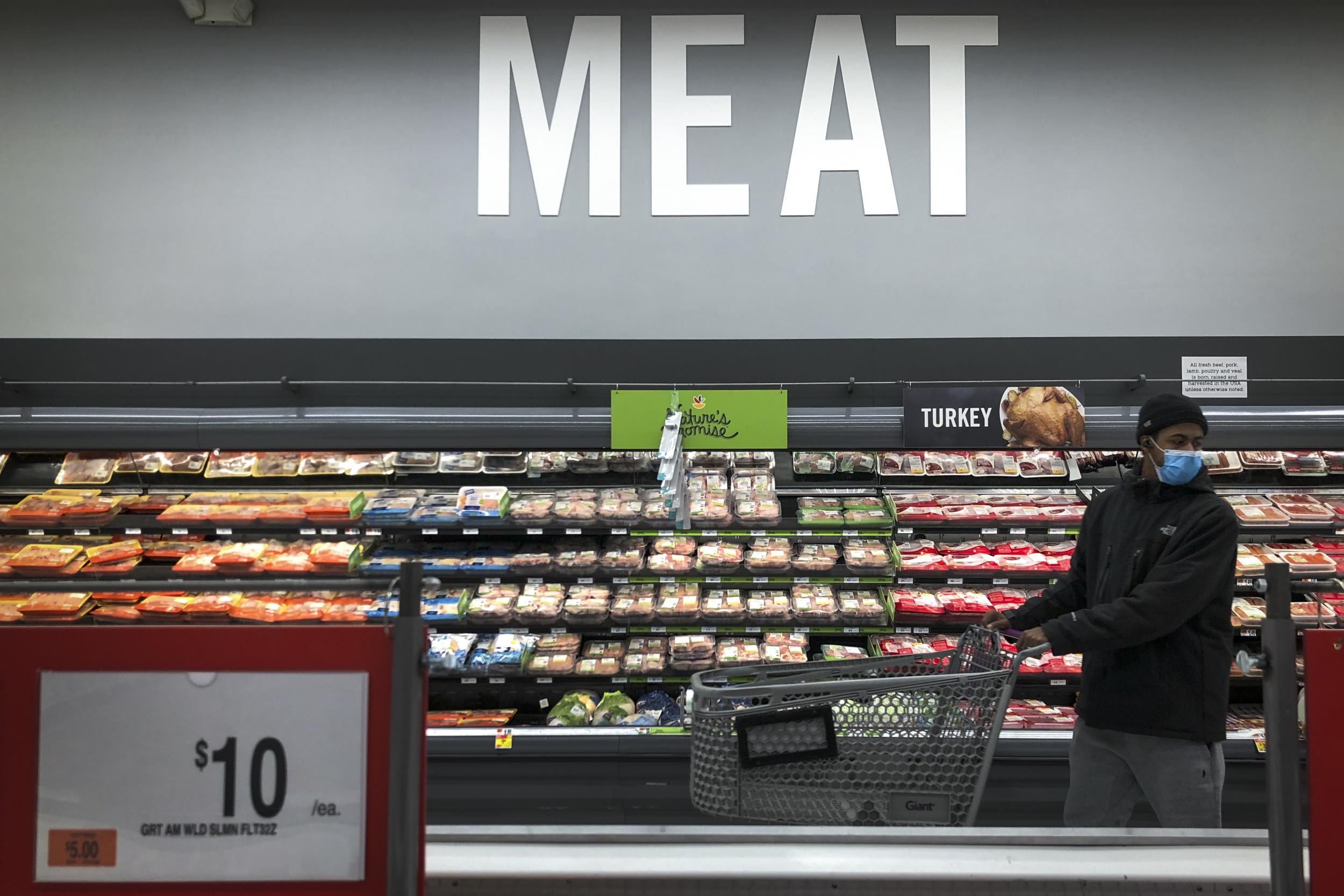Your support helps us to tell the story
From reproductive rights to climate change to Big Tech, The Independent is on the ground when the story is developing. Whether it's investigating the financials of Elon Musk's pro-Trump PAC or producing our latest documentary, 'The A Word', which shines a light on the American women fighting for reproductive rights, we know how important it is to parse out the facts from the messaging.
At such a critical moment in US history, we need reporters on the ground. Your donation allows us to keep sending journalists to speak to both sides of the story.
The Independent is trusted by Americans across the entire political spectrum. And unlike many other quality news outlets, we choose not to lock Americans out of our reporting and analysis with paywalls. We believe quality journalism should be available to everyone, paid for by those who can afford it.
Your support makes all the difference.MPs and campaigners are angry about Downing Street dropping a pledge not to accept US foods like chlorinated chicken and hormone-fed beef and pork as part of a US trade deal.
A quick look at the timeline of events makes it clear how this happened.
10 January 2020
Environment secretary Theresa Villiers was clear: "We will not be importing chlorinated-chicken. We will not be importing hormone-treated beef," she told the BBC's Countryfile programme. This was effectively reiterating a longstanding policy, assumed to have been in place since 2017 when Michael Gove said the UK would not lower its food standards.
30 January 2020
Less than three weeks later, something changed. US secretary of state Mike Pompeo was interviewed by LBC radio and made clear that if the UK wanted a trade deal, it would need to open its food cupboards to US producers. “Our ask will be as it has been in the other negotiations,” he said. He suggested British farmers were scared of competing with the products, adding "We need to be open and honest about competitiveness. We need to make sure we don’t use food safety as a ruse to try and protect a particular industry.”
23 February 2020
What happened next suggests the message was heard loud and clear in London. Asked about the pledge to keep the food standards less than a month after Pompeo's intervention, the new environment secretary George Eustice refused to guarantee the ban – stating only that the government had "no plans" to change the law.
5 May 2020
This is when trade talks with the US formally opened. On this day Chuck Grassley, the Republican senator from the farming state of Iowa who chairs the US senate - which has sweeping powers on trade - elaborated further. Getting banned US food on British plates wasn't just part of the deal... as far as he was concerned, it was the deal. "All I'm hoping to do is if we get a good deal with the UK on agriculture, it's going to embarrass Europe," Mr Grassley said.
4 June 2020
With trade talks running for less than month, Downing Street appears to have folded - or at least put the issue of American food on the table. An article in the Daily Telegraph quoted a government source spelling out the UK plan, which Boris Johnson's spokesperson wouldn't deny when questioned later during a briefing of journalists. He also refused to repeat the pledge on chlorinated chicken, which is now apparently history.


Join our commenting forum
Join thought-provoking conversations, follow other Independent readers and see their replies
Comments